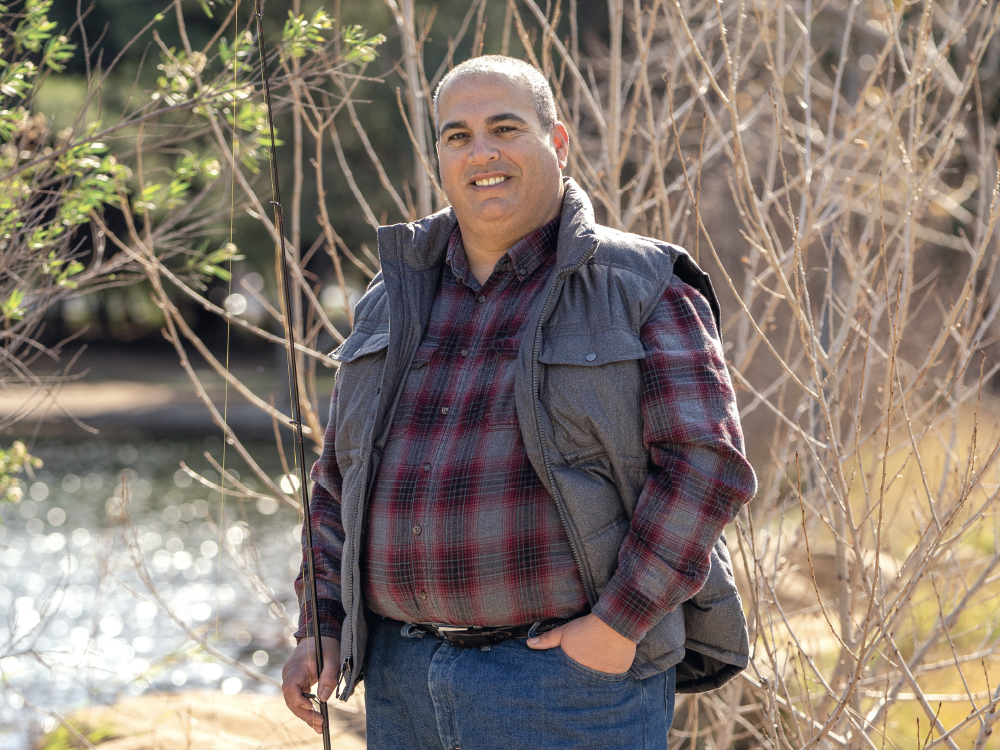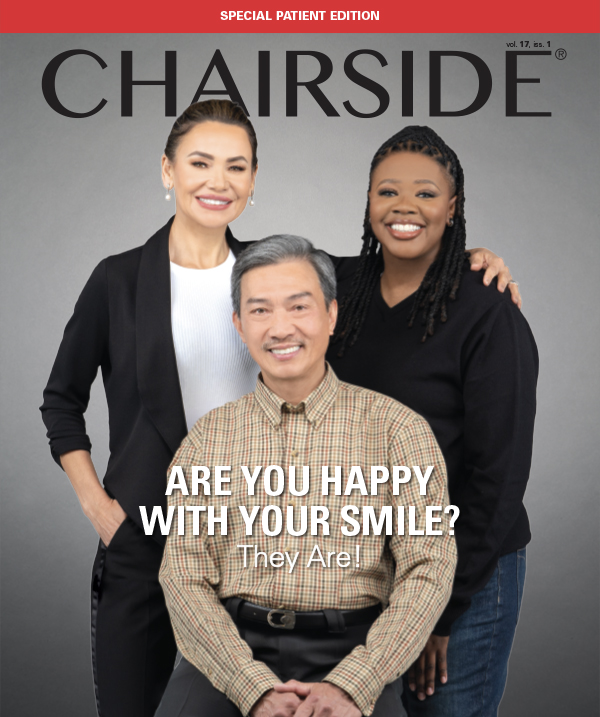Stop Snoring. Start Living!

Maurice has been using the Silent Nite® Sleep Appliance since 2018. Before using the device, his wife was often disturbed by his snoring. His main complaint was that he was always tired and needed to take afternoon naps.
After receiving the sleep appliance, he noticed a positive difference in his life. Overall, he now feels healthier. He’s more rested in the mornings, and he doesn’t need to take midday naps. “I have better focus,” says Maurice. “I’m less grumpy, and I have fewer headaches. Also, my blood pressure has gone down ... If you snore, I recommend getting a Silent Nite. You won’t believe how much better your sleep will be.”
On the first night of using my Silent Nite® appliance, I was so quiet that my wife actually checked to make sure I was still breathing.
– Maurice, Sleep Patient

A dentist-prescribed sleep appliance provides relief to patients who snore or have obstructive sleep apnea (OSA).
- The Silent Nite appliance is one of the most popular anti-snoring devices available, used by patients for more than 25 years.
- The device is designed with comfort in mind, helping people sleep better throughout the night.

Snoring is due to a partially collapsed airway (left). During sleep, the muscles, ligaments and tissues of the airway relax, and the tongue falls into the back of the throat, causing a partial airway obstruction. As air rushes over the relaxed tissues, they vibrate, creating the snoring sound. When the airway fully collapses, airflow is cut off and obstructive sleep apnea occurs (middle). With a sleep appliance, the lower jaw is gently shifted forward, creating an unrestricted airway (right).
Learn more! Click here to see how the Silent Nite appliance works. Then ask your dentist if treatment is right for you.

My Silent Nite fits like a glove and I can’t fall asleep without it. I have better sleep and mental focus, and I’m more alert.
– Kelly, Silent Nite Patient Since 2007
About 50% of people say they snore.1 For some people, it can be a chronic problem, which can sometimes also indicate a serious health condition called obstructive sleep apnea. This condition is often characterized by loud snoring followed by periods of silence when breathing stops or nearly stops. Eventually, this reduction or pause in breathing may signal the person to wake up, and they may awaken with a loud snort or gasping sound.
When do people seek treatment for snoring?
As many as 70% of patients who seek treatment for snoring and sleep apnea cite bed partner disturbance as the primary motivating factor.2 Daytime sleepiness is also a main reason people seek treatment.
How can I prevent snoring?
For the majority of snorers, the most affordable, noninvasive, comfortable and effective solution is a snore prevention device, such as the Silent Nite Sleep Appliance, prescribed by your dentist. The appliance treats snoring and mild to moderate sleep apnea by gently shifting the lower jaw forward during sleep, which increases airway space and reduces air velocity and soft-tissue vibration.



